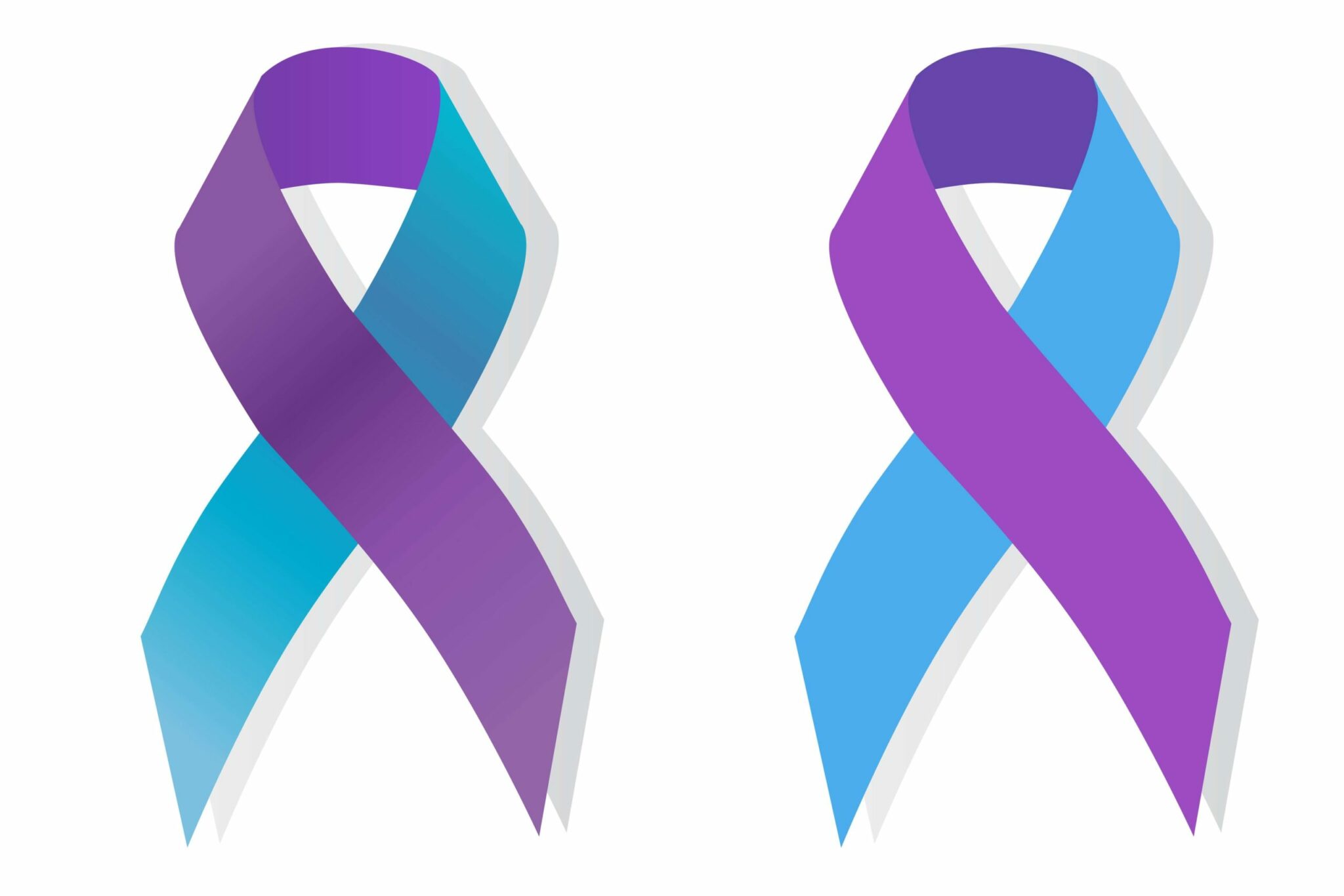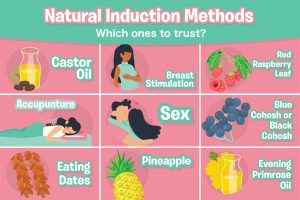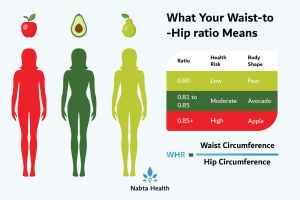What Causes Paediatric Stroke?

Many people think that strokes only affect the elderly. Stroke, however, can and does occur in children. In fact, statistics show that up to 13 children out of every 100,000 have suffered from the neurological event. Boys are slightly more likely than girls to suffer from a stroke.
Strokes, or cerebral vascular accidents, occur when blood stops flowing to the brain—even for 1-2 seconds. There are two major types of strokes. In an ischemic stroke, oxygen and other vital substances don’t reach the brain, causing brain cells to die. A haemorrhagic stroke occurs when a blood vessel in the brain breaks and the brain is flooded with blood. Strokes that occur before birth, during or after delivery, or in the first month of life are called perinatal strokes.
While adult strokes are often caused by high blood pressure, diabetes, obesity, and heart disease, paediatric strokes can be caused by trauma (such as head and neck injury from an automobile accident), congenital heart disease (such as abnormal valves), infections, or conditions like sickle cell disease (a blood disorder that affects blood cells and blood vessels). Among kids over the age of 15, researchers have noticed an increase in the traditional adult risk factors listed above.
For infants, symptoms of a stroke are usually non-specific and may include trouble eating or breathing, developmental delays (such as rolling over or crawling later than expected), seizures affecting only one side of the body, and an early preference for using one hand over the other.
Symptoms of a stroke in children and teenagers include headaches, blurry vision, vomiting, seizures, confusion or slurred speech, trouble swallowing, memory loss, mood changes, and sudden weakness. Sometimes, a seizure can indicate a stroke.
When it comes to strokes, fast recognition and treatment is extremely important. However, because most of us don’t expect kids to have a stroke, many times it takes a while to get diagnosed. As a result, 10-25% of kids who have a stroke die, as many as 1 in 4 will have a repeat stroke and up to two-thirds of sufferers will suffer long-term effects, such as seizures or learning or developmental disorders.
Sources:
- National Stroke Association
- Pediatric Stroke.
American Stroke Association - Stroke in Children.
Nemours Foundation - Stroke.
Emergency Medicine International - Pediatric Stroke.
Powered by Bundoo®










